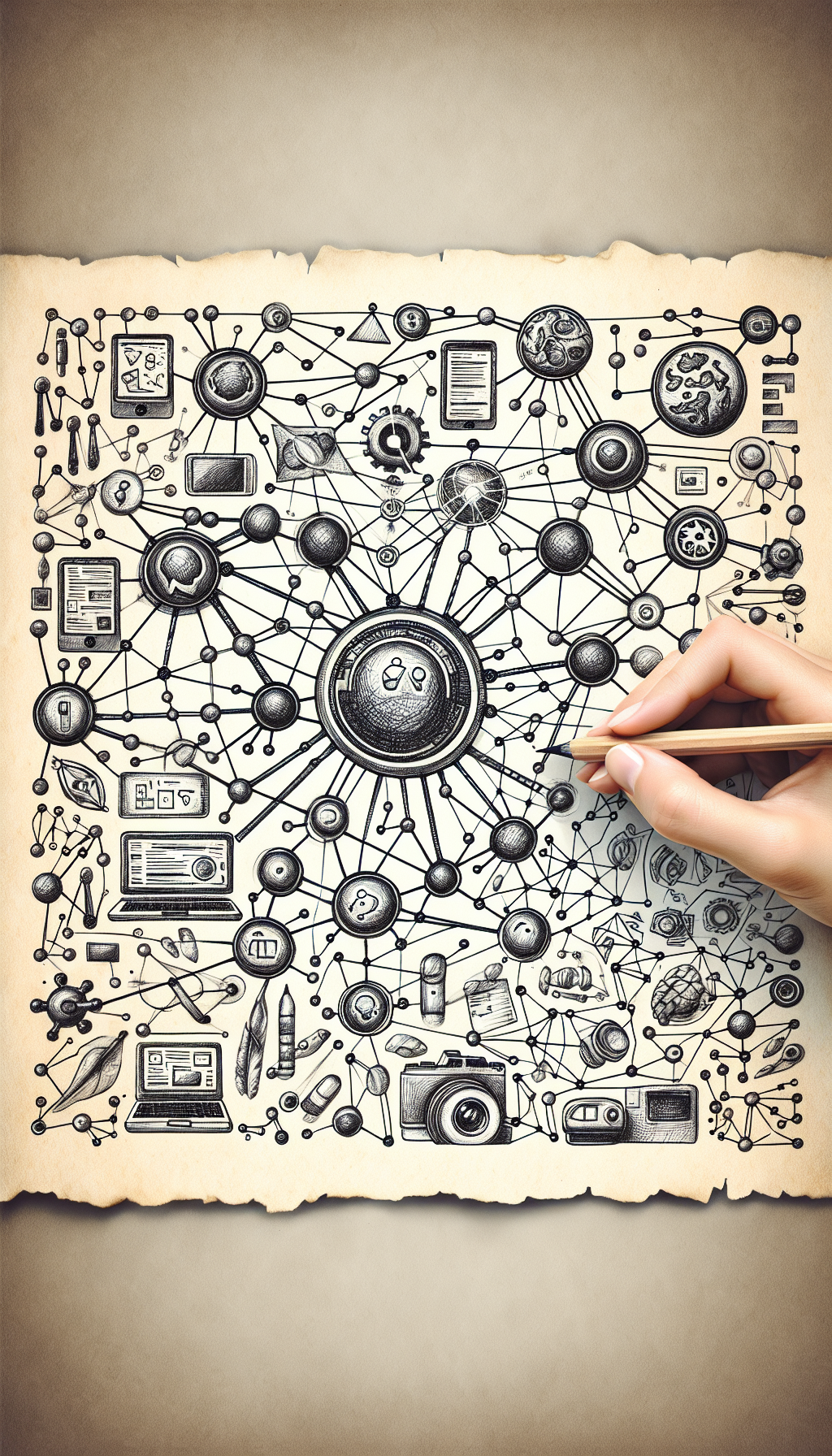Introduction to A.I Content Generation
Artificial Intelligence (A.I) has been transforming various industries, and content creation is no exception. A.I content generation involves the use of machine learning algorithms to create written, audio, video, or graphic content autonomously. This technology leverages vast amounts of data to generate human-like outputs, allowing businesses and creators to produce content efficiently and at scale. Through Natural Language Processing (NLP) and Deep Learning techniques, A.I can understand context, tone, and intent, enabling the creation of high-quality content that resonates with audiences.
Advantages of A.I Content Generation
The utilization of A.I in content generation offers numerous benefits. Firstly, it enhances productivity by automating repetitive tasks such as writing product descriptions, social media posts, or email campaigns. This automation saves creators time, allowing them to focus on more strategic aspects of content creation. Additionally, A.I-generated content can be tailored for specific target audiences through personalization algorithms, improving audience engagement and conversion rates. Moreover, A.I enables content creation in multiple languages, eliminating language barriers and expanding global reach. By analyzing data and trends, A.I also aids in creating hyper-targeted content that resonates with consumers’ interests and preferences.
Challenges and Limitations
Despite its advantages, A.I content generation faces challenges and limitations. One key concern is maintaining authenticity and ensuring that the content aligns with brand voice and values. While A.I can produce content swiftly, it may lack the emotional depth and creativity that human creators bring. Moreover, there are ethical considerations surrounding the misuse of A.I-generated content for spreading misinformation or manipulating public opinion. Ensuring accuracy and credibility remains a critical challenge in the adoption of A.I in content creation.
Integration in Marketing and Business Strategies
A.I content generation is increasingly becoming integrated into marketing and business strategies. Marketers leverage A.I to create personalized content that targets specific customer segments effectively. By analyzing customer behavior and feedback, A.I can generate recommendations and responses tailored to individual preferences. In e-commerce, A.I-powered chatbots interact with customers in real-time to address queries and provide seamless user experiences. Businesses utilize A.I-generated insights to optimize content strategies, improve SEO performance, and enhance overall marketing ROI.
Future Implications of A.I Content Generation
The future of A.I content generation holds immense potential for innovation and evolution. As machine learning algorithms advance, A.I will become even more proficient in understanding context, emotions, and human nuances in language. This progress will lead to more nuanced and engaging content creation across various industries. Furthermore, as voice search and virtual assistants become ubiquitous, A.I-generated content will play a vital role in optimizing search engine ranking and enhancing user experiences. The merging of A.I with augmented reality (AR) or virtual reality (VR) could revolutionize immersive storytelling experiences.
Notes
- A study by Gartner predicts that 20% of all B2B marketing content will be generated by machines by 2022.
- According to TechJury, 55% of marketers say they plan to adopt AI by 2021.
- IBM reports that using AI can increase marketing ROI by up to 20%.
- Content generated by OpenAI’s GPT-3 model was found to be on par with human-created content in a blind test conducted by The Guardian.
- A survey by BrightEdge revealed that 63% of marketers see AI as important for their data strategy.

